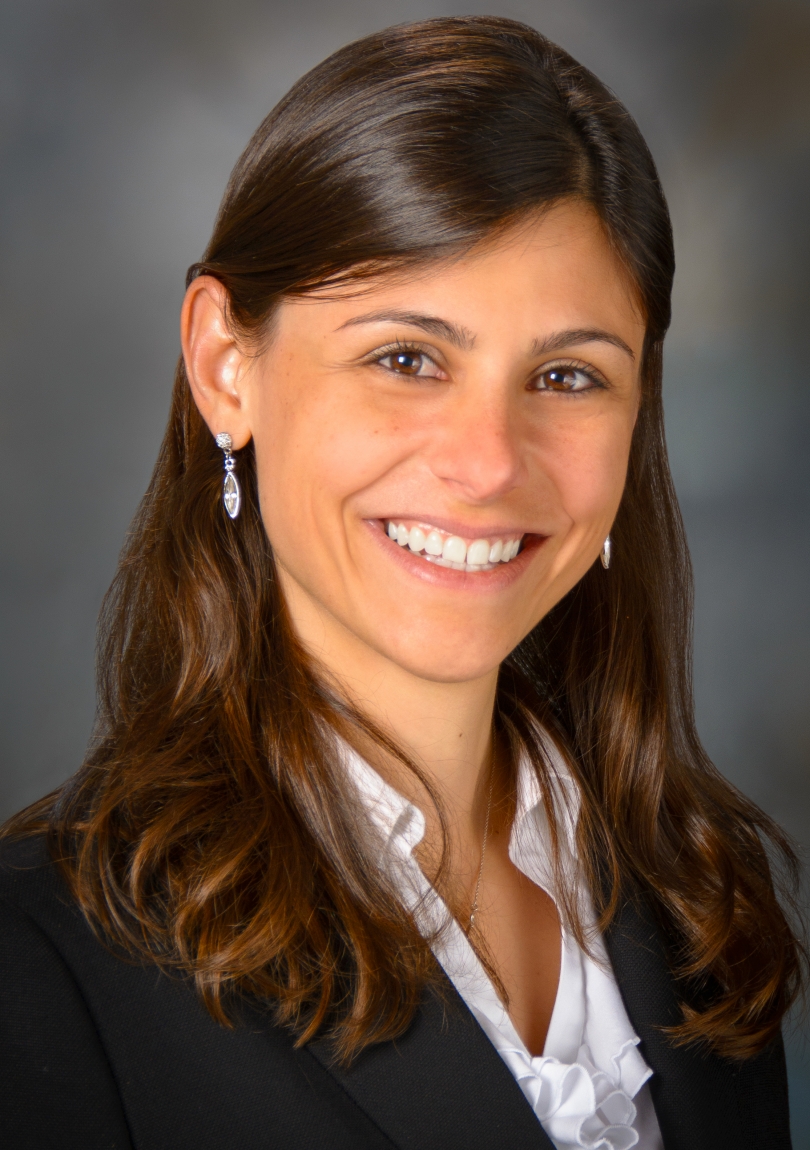
Historically, clinical trials in ACC have been challenging, rarely leading to responses (at least 30% tumor shrinkage) in more than 15% of patients. And results have been even more challenging for patients with ACC-I tumors which typically have solid histology, NOTCH-mutations, and poor prognosis.
At this year’s American Society of Clinical Oncology (ASCO) Annual Meeting in Chicago, biotech firm Mersana Therapeutics presented preliminary phase 1 clinical trial data for their antibody drug conjugate (ADC) Emiltatug ledadotin (Emi-Le; XMT-1660), which targets the B7-H4 protein that is highly prevalent in ACC-I tumors. Early data from the trial showed that 55.6% of ACC-I patients treated with this B7-H4 ADC experienced tumor responses—the highest level of clinical response ever seen for any drug tested in ACC.
“We are encouraged by the positive interim data we previously reported from the dose escalation and backfill cohorts of our phase 1 clinical trial of Emi-Le, particularly in patients with ACC-I, a rare and aggressive cancer for which there are currently no approved therapies. While our trial investigating this novel B7-H4-targeting ADC candidate continues, we believe this interim data demonstrates Emi-Le’s potential to address the profound unmet need for patients with ACC-I.” – Mersana Therapeutics

This incredibly promising initial data is built on a concerted effort led by ACCRF and our research and biotech partners. Our “bench to bedside” holistic approach aims to identify drug targets in ACC tumors, validate their therapeutic potential in ACC models, and shepherd new, more effective treatments through to clinical trials in patients, ensuring that a solid and rigorous scientific foundation is the basis for all treatment options we pursue.
ACCRF grantee Dr. Renata Ferrarotto (pictured right) of the MD Anderson Cancer Center led the work identifying the B7-H4 protein as a therapeutic target in ACC-I. Using ACCRF’s drug screening platform, Dr. Ferrarotto showed that ACC-I tumor models are exceptionally sensitive to a B7-H4 targeting ADC, which made a case for including advanced ACC-I patients in Mersana’s phase 1 trial testing Emi-Le. Of the culmination of this pre-clinical work, Dr. Ferraroto said, “It’s incredibly galvanizing to see the emerging clinical benefit from Mersana’s B7-H4 ADC trial align so closely with preclinical data we generated on identifying and targeting B7-H4 in ACC-I. These early results validate our scientific approach and bring real hope for patients who urgently need new treatment options.”
 Bringing novel treatments to ACC patients often requires a physician champion that, alongside ACCRF, educates companies about the lack of approved therapies and unmet clinical need in ACC. ACCRF grantee Dr. Glenn Hanna (right) of the Dana Farber Cancer Institute played a crucial role in advocating for ACC patients to be included in Mersana’s trial.
Bringing novel treatments to ACC patients often requires a physician champion that, alongside ACCRF, educates companies about the lack of approved therapies and unmet clinical need in ACC. ACCRF grantee Dr. Glenn Hanna (right) of the Dana Farber Cancer Institute played a crucial role in advocating for ACC patients to be included in Mersana’s trial.
The results, for Dr. Hanna, have been worth the effort: “Seeing early signs of clinical benefit with Mersana’s B7-H4 ADC in ACC-I patients is truly exciting. For a population with no standard of care options and historically very poor outcomes, these results signal a big step closer to effective treatments for patients living with ACC.”
As ACCRF continues to work towards its mission of bringing new, effective treatments and a cure to ACC patients, this development has been heartening for us and the entire ACC community. Our research network has made exceptional progress towards achieving this goal, and we are deeply grateful to the many courageous patients who have participated in this and other clinical trials that bring us closer to eliminating ACC for good.
